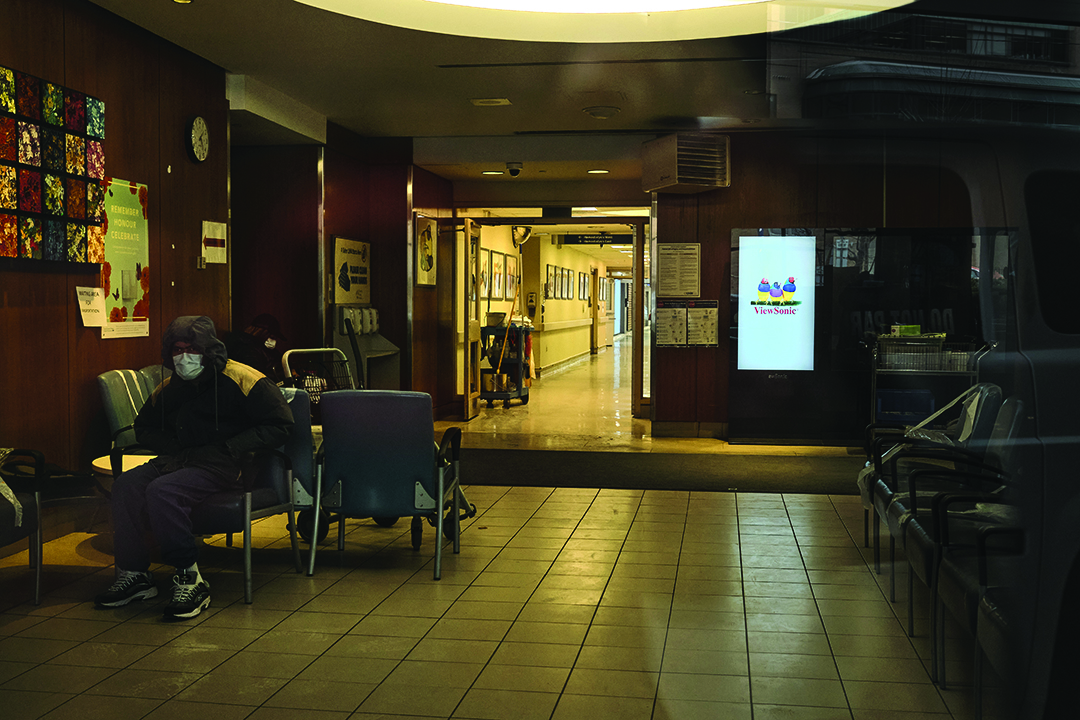The emergence of the pandemic back in 2020 brought numerous changes that altered society as we know it. It was a time in which we were confronted with a novel and unpredictable virus. For many, the pandemic came with job cuts and lost income.
Some may also consider the beginning of the pandemic as a ‘cultural reset’ in which we questioned what was truly important to society. It was a period of uncertainty, a period in which we hoped — and naively wanted to believe — that this would all be over soon.
Despite their necessity, the physical distancing guidelines not only changed the way we interacted with our friends and family, but they also changed how we interacted with the rest of the world. In some aspects, this meant we gained a stronger sense of community and social responsibility — as evidenced by the numerous commercials of companies promising that they’re here and ready to support us during the pandemic.
Perhaps it was this stronger sense of community and social responsibility that led to a change in how we view essential workers. In otherwise ‘normal’ times, essential workers often go unseen. They are nurses and first responders. Yet they are also fast-food workers, cashiers, and transit workers.
The jobs of essential workers are often disproportionately held by marginalized groups such as people of colour and women. They may not be highly paid individuals, but by risking their lives, they stood — and still stand — at the forefront of the pandemic to not only provide us with essential services but also keep the economy going.
Thus, it comes as no surprise that they were regarded as “heroes” at the beginning of the pandemic. In many different places, people cheered every evening in honour of the health care workers on the front lines. In numerous commercials and ads, other essential workers were briefly recognized for their work during the pandemic — it can be said that these workers were the heroes of the pandemic. At least it was so in the early days of the pandemic.
As we now move into our third year of a still-raging pandemic, we fail to give essential workers the same recognition that they once had. In fact, in a recent press conference, New York City Mayor Eric Adams referred to these workers as “low-skilled” and lacking in “academic skills.” This marks a considerable departure from “essential.”
Another instance in which we see essential workers not getting the recognition they deserve is in the recent nurse shortage in Ontario. Across Ontario, there are an alarming number of nurses that are burnt out and, as a consequence, taking a step back from the profession. This has led to a shortage of nurses when we need them the most.
According to a recent article in Global News, the shortage of nurses predates COVID-19, and the pandemic has worsened nursing conditions that were never addressed, such as an aging workforce and poor salaries. What’s more, the lack of protection and mental health support for nurses has only been exacerbated by the pandemic. This has inevitably resulted in a public health crisis in which many nurses are choosing to change professions altogether.
Expressing solidarity with their cause is simply not enough. The government of Ontario needs to invest more in the nursing sector by increasing their wages and improving mental health support. Only then can we begin to address the considerable stress that nurses are under.
In short, the way in which we treat our essential workers has to change. These workers have literally given their lives so that we can have our basic needs — yet we fail to recognize this. Instead, we designate these workers as “low-skilled” and remain ignorant of their needs. We continue to exploit and undervalue their dedication to not only their jobs but also to getting society through a pandemic.
These workers are essential, and yet they’re treated as though they’re expendable. It’s time that we give them the compensation, respect, and recognition that they deserve.
Shernise Mohammed-Ali is a third-year neuroscience, psychology, and English student at Victoria College. She is an associate comment editor at The Varsity.


